samantha payne leads pink elephants – a support network for women who’ve experienced early pregnancy loss
“True empathy is sitting with us in our darkness, holding our hands, and doing practical things that help us get by.”
Seven years ago, I had my first miscarriage. I already had a daughter, so I was met with comments like, “At least you have a child,” “At least it happened early,” or, “At least you know you can get pregnant.” None of that helped. And the silence from those who chose not to mention it told me that the death of my baby meant nothing to them. I felt like I had to keep it private, which isolated me.
My husband and I then had another pregnancy and lost that baby as well. I got really angry after that, because I could see that if one in four pregnancies ends in loss, then I couldn’t be the only person who wanted support. So, I organised little groups with women in Sydney and asked them about their experiences. That’s where the idea for Pink Elephants came from.
Pink Elephants is a circle of support for anyone who’s impacted by early pregnancy loss. We want to make sure that no one has to walk that journey alone and that they’re met with empathy and understanding. In 2018, we surveyed 1700 women online and 75 per cent told us they felt unsupported through miscarriage. That was our first survey and I shut it down after 24 hours because we couldn’t analyse the data – it was way too many people. We asked the University of Melbourne and Monash University to re-do the survey with us and got similar results.
We’ve since extended our research to workplaces and found that women want workplaces to better understand the experience of pregnancy loss. The reason for that is really beautiful: they want to ensure there are better support pathways for the next people who have a miscarriage. That just shows that when women are given the opportunity to make a difference, they do it.
One of the biggest things Pink Elephants is doing is increasing pathways to support and working with allied health professionals so they know we exist and can refer their patients to us. Miscarriage is medically managed fairly well in Australia, but the emotional toll is often forgotten. If people aren’t sent specifically to counselling or support services, they go online to find it themselves, which is not OK. On top of that, there are huge barriers in Australia to being more inclusive to diverse communities. Pink Elephants’ representation is quite ‘New South Wales white woman’ and that’s awful. We haven’t got the funds or resources to connect with women from different backgrounds. We know that needs to happen, but we can’t do it without support, as we rely heavily on donations and fundraisers. I’m really excited about diversifying our content to be more inclusive of all the different types of early pregnancy loss and all the different types of women in Australia.
There’s a lot of internalised shame with early pregnancy loss. If you ‘fail’ to have a baby, you feel like a failure. Women are told to be good mothers and that being one looks a certain way, so when anger and jealousy come up, it’s really confronting. People don’t like to associate women with those emotions. Another misperception is that the grief isn't real, and the baby somehow isn’t real because we can’t see it and there’s no funeral service. People are just expected to fall pregnant again a month later and be OK. But there’s actually a huge period of emotional trauma, and if that’s left unsupported, it can lead to poor mental health – anxiety, depression and even suicidal thoughts.
My advice for supporting someone through a miscarriage is to be present and acknowledge the loss. Say, “I’m sorry your baby died.” Use the right language and don’t ever use statements like “at least”. Don’t try to shut them down or fix them, because we don’t need fixing. True empathy is sitting with us in our darkness, holding our hands and acknowledging how shitty and awful it is, and doing practical things that help us get by.
A big thing that’s been beautiful for me is when people remember to check in on special dates. If your friend experienced a miscarriage and it’s coming up to Mother’s Day, acknowledge that by saying, “Hey, you’re a mother too. How are you feeling with all of this?” If the due date would have been in September, send them a message in September saying, “If you need to go for a drink or a coffee or a walk, I’m here for you.” If you’re grieving, stop for a little bit, acknowledge your feelings and offer yourself compassion. It’s OK to react in any way to the loss of your baby. You don’t always have to wear a brave face. And it’s OK to ask for help.
I had my third pregnancy loss in July 2020. It felt really cruel and unfair, and it was hard to carry on working because it was triggering. I had to take bereavement leave for a month. I’ve got a six-month old baby now, but pregnancy after loss is a marathon and I endured crippling anxiety every day. Every time I went to the toilet, I would check to see if there was blood. Every time something felt slightly off (and a lot of things do in pregnancy) I would suspect that my baby had died. My first words when I saw her were, “She’s really real.” Even though I’d seen a scan of the baby with a heartbeat and her wriggling in my belly, I had disconnected to protect my heart because I genuinely thought I would lose her.
My losses have given me a lot more empathy and understanding, but there’s no silver lining. I hate it when people try to find the silver lining because that’s not what this is. But I have managed to create some meaning from the death of my babies, which is something I'm incredibly privileged to do.
Pink Elephants is completely different to how I envisioned it seven years ago, but that shows how much we’re listening to our community. I thought I was setting up a support network so that we could get together, have a wine and feel seen in each other’s company. But I noticed that the lack of support for these women was massive, and that no one was doing anything about it because it was too big a problem.
It was easier for people to look away, and one thing I don’t like to do in life is look away. That’s part of our success: we were willing to go where no one else has gone. We now support tens of thousands of women each year and have put miscarriage on the agenda in Australia. We’ve changed federal law to introduce paid leave after miscarriage – which I never thought I would have anything to do with – but it took an organisation dedicated to focusing on early pregnancy loss to notice the gaps.
Find out more about Pink Elephants at pinkelephants.org.au.
This story comes straight from the pages of issue 112. To get your mitts on a copy, swing past the frankie shop, subscribe or visit one of our lovely stockists.
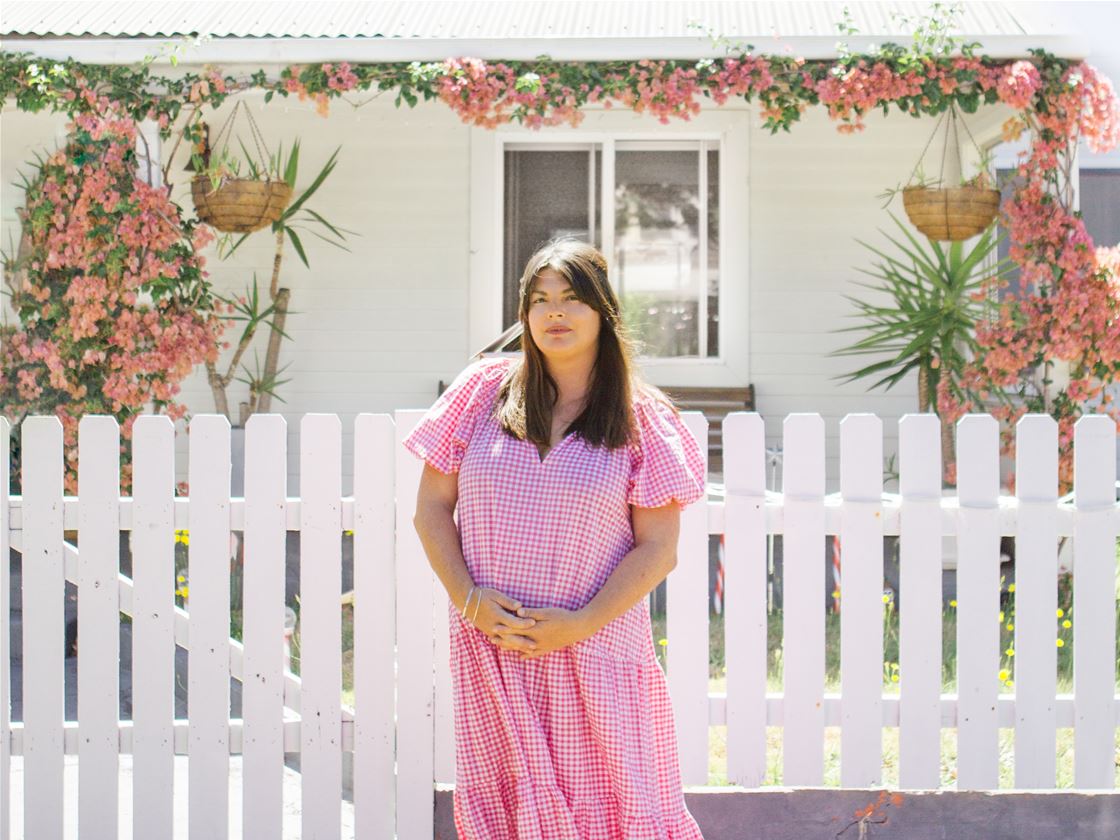
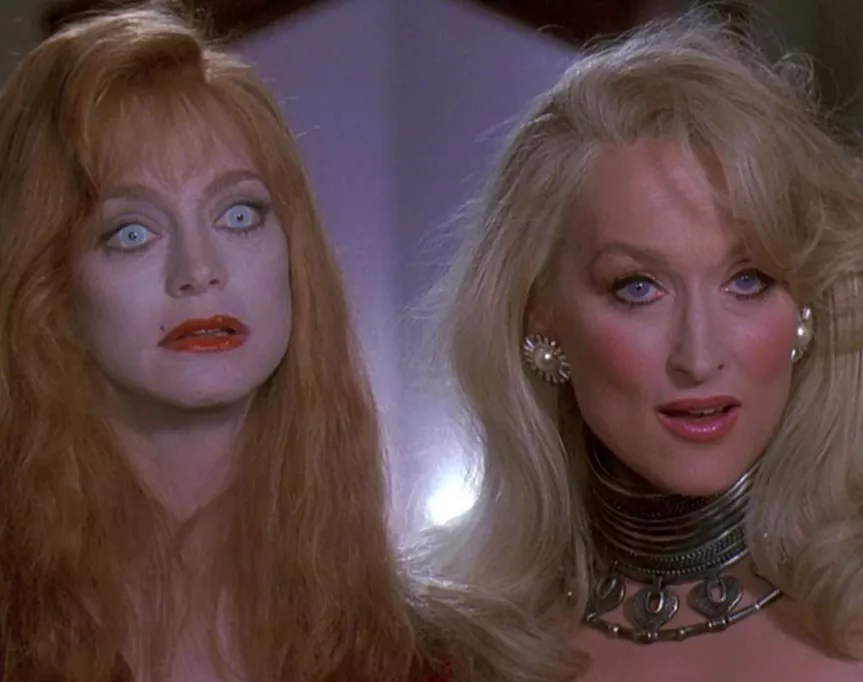
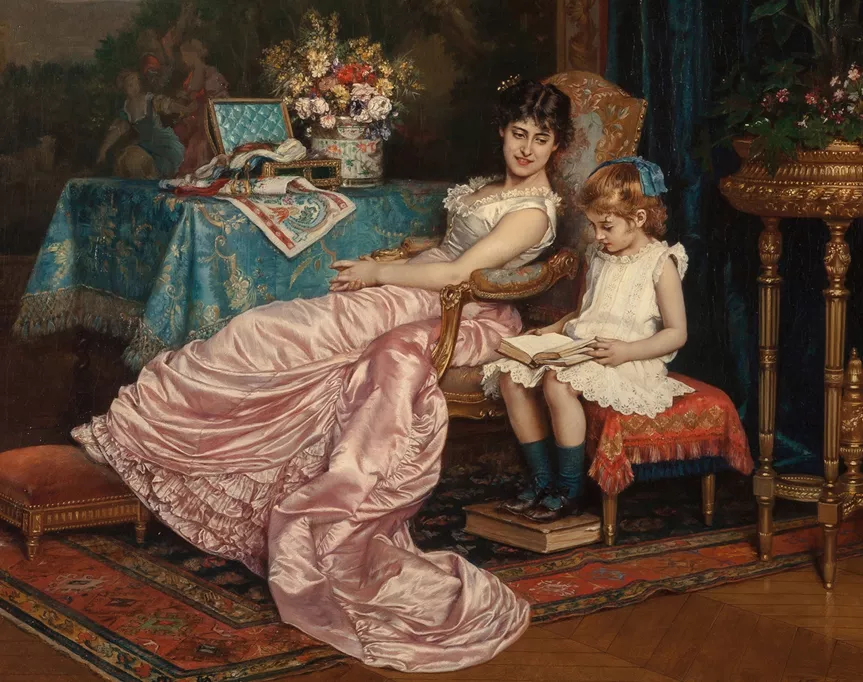
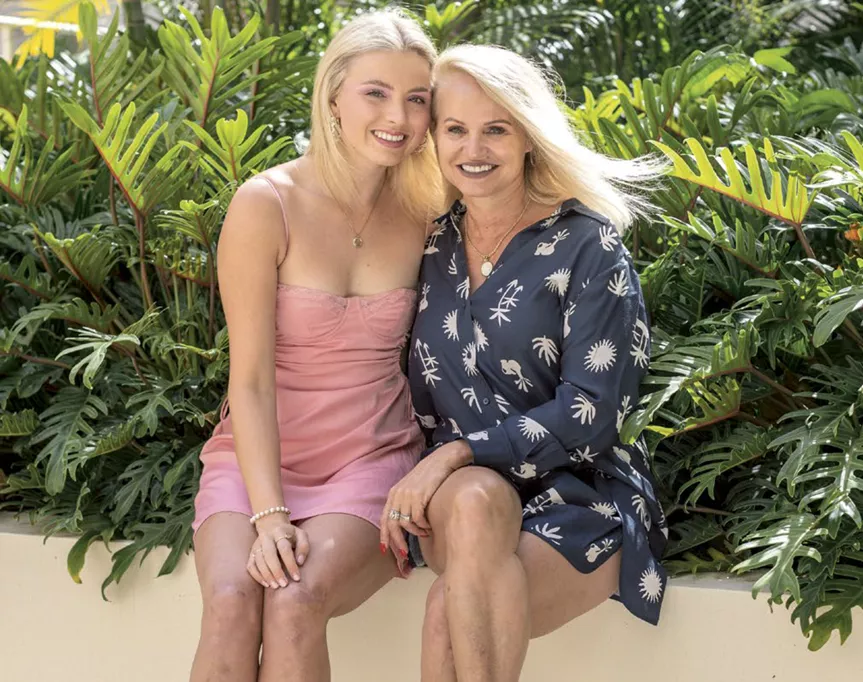
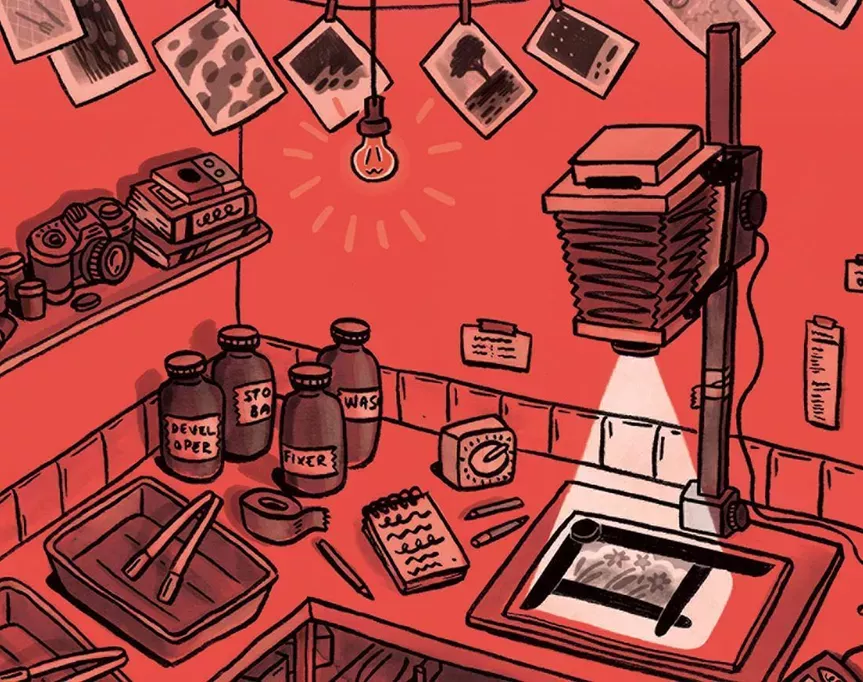

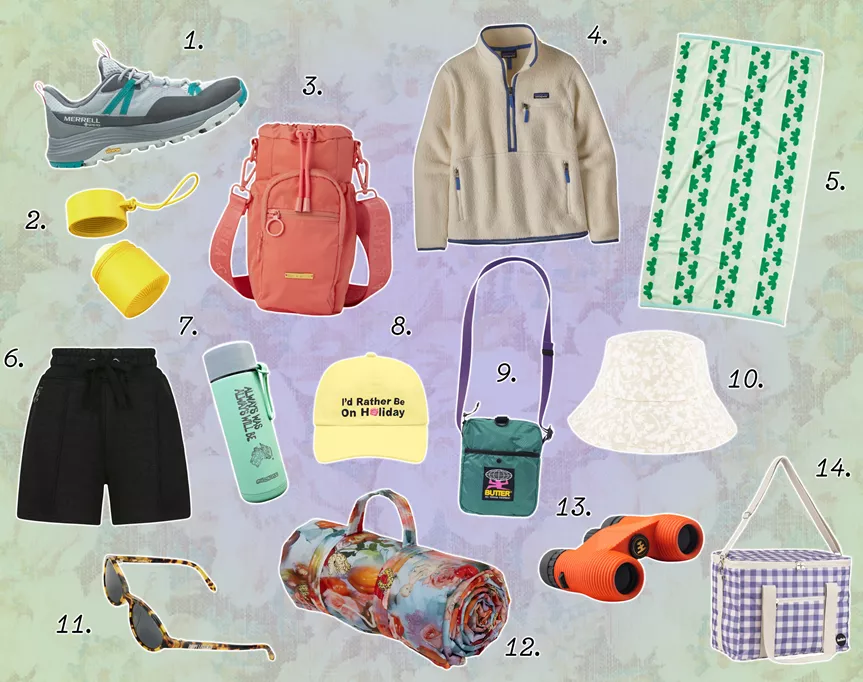
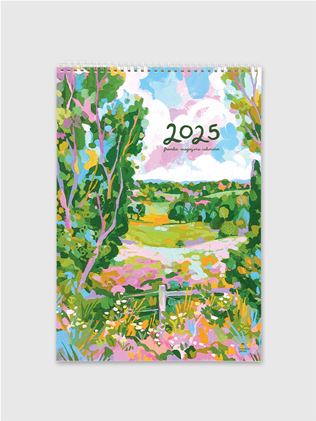
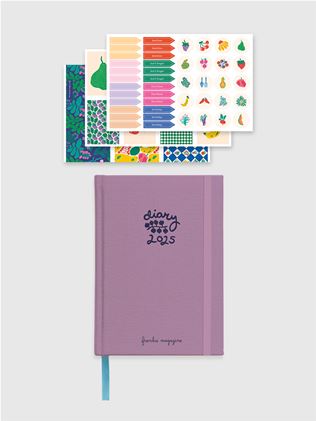
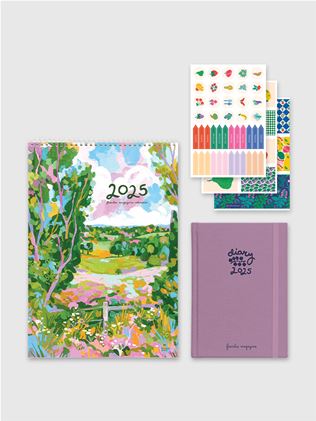
.jpg&q=80&w=316&c=1&s=1)


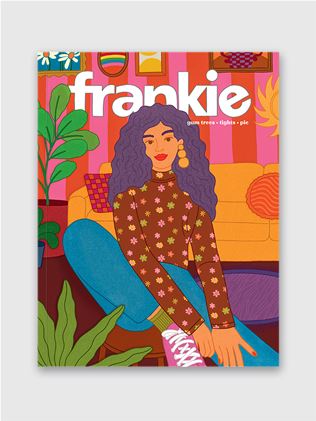
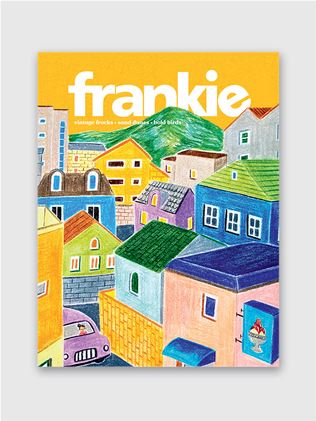


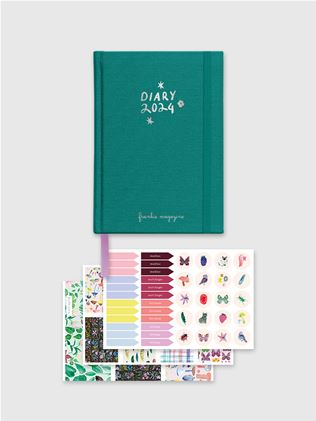



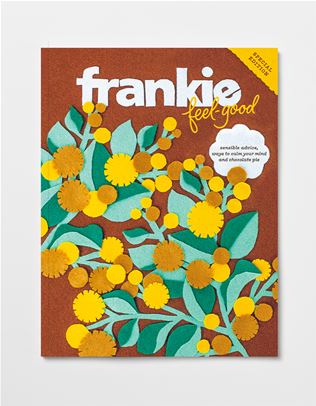






.jpg&q=80&w=316&c=1&s=1)










